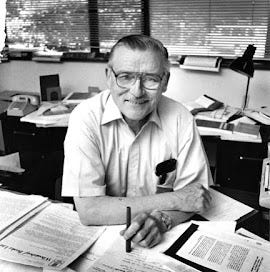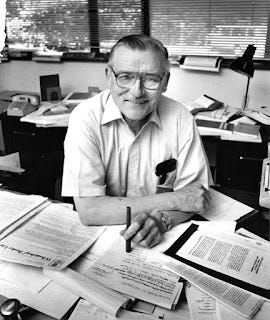The public choice theory was developed in the United States in 1962 by J M Buchanan. Its purpose is to explain the constant increase in public spending of democracies.
The dysfunctions found bring spending beyond the social optimum. As Libertarians think that this optimum is quickly reached whereas progressives believe that spending can never be too high, this theory is often adopted by the libertarians.
It should not be confused with the social choice theory, which concerns itself with the question of the evaluation of collective choices and procedures for choice.
Who decides what the state does and for what purpose?
The principal-agent problem is at the heart of the management of State affairs. The behavior of politicians and civil servants can be modeled as that of self-interested rational individuals.
According to this theory, it is not the candidate advocating the best policy that will be elected, but the one who can mobilize the electorate through any means. Likewise, it is not the most effective official who will become the most influential, but the one who will obtain the most important budget and the most exorbitant prerogatives for his administration.
The School of Liberty
François Facchini, a belgian scholar, presented the public choice theory entitled: Why does the state grow? This libertarian series presents the following themes:
Coalition of the poor against the rich
Dictatorship of the median voter
Impact of globalization on public spending
Lobbies and pressure groups
Politicians and bureaucrats
Public expense and rent seeking
Tax illusion
Political-economic cycles
Constitutional responses
The judges
Budget federalism
The public choice theory generally recommends reducing the size of the State. We now review two contradictory cases where public choices are clearly less good or better than private choices.
Less state for more pensions
A good example is the choice of PAYG (Pay As You Go) pensions instead of funded pensions. This led to the tripling in 70 years of the cost of french pensions, now representing 27 % of wages instead of 10 % for other countries.
This added burden is the worst obstacle to the competitiveness of a country. No company could bear such a cost, but by public choice, it was socialized throughout the country.
Instead of switching to sustainable means of financing pensions, the socialization was extended to all forms of income since 95.
More state for better health insurance
Reduction of public services is not a panacea: the socialization of health insurance in the United Kingdom has improved public health at a minor cost of 5% of GDP, and 10% for France. This compares with 17% United States, a country where GDP per capita is however much higher.
The negotiation of the care and medication reimbursement rate is much better made by a centralized body than by a patient who needs care.
Countries such as Singapore that established a social security late have the advantage of being able to compare different examples and copy those that work best. However, as development economists explain, the implementation of an effective system requires above all a desire for efficiency of state agents. It is not a problem of knowledge but of alignment of interests.
A relevant but invisible theory in the public debate
This question becomes all the more relevant as the weight of the state on the nation increases. Despite public spending which increased from 11 % to 60 % in 100 years in France, and public services which always leave more and more to be desired, there is no question in the political debate to reduce the weight of the state.
Opinion seems to be polarized according to two lines of public action:
Eliminate immigration, as immigrants are an over-consumer of social services and a source of criminal violence
Expropriate the rich in the name of social justice, as they are idle parasites and class enemies of the people
In both cases, the politician advocates an increase in State prerogatives on others (immigrants, rich) in order to solve the problems of the median voter.
A politician who would suggest that public choices are the source of problems would commit a mise en abyme worthy of a baroque tragedy. Politicians and their peers stick to the rules of classical theater.





